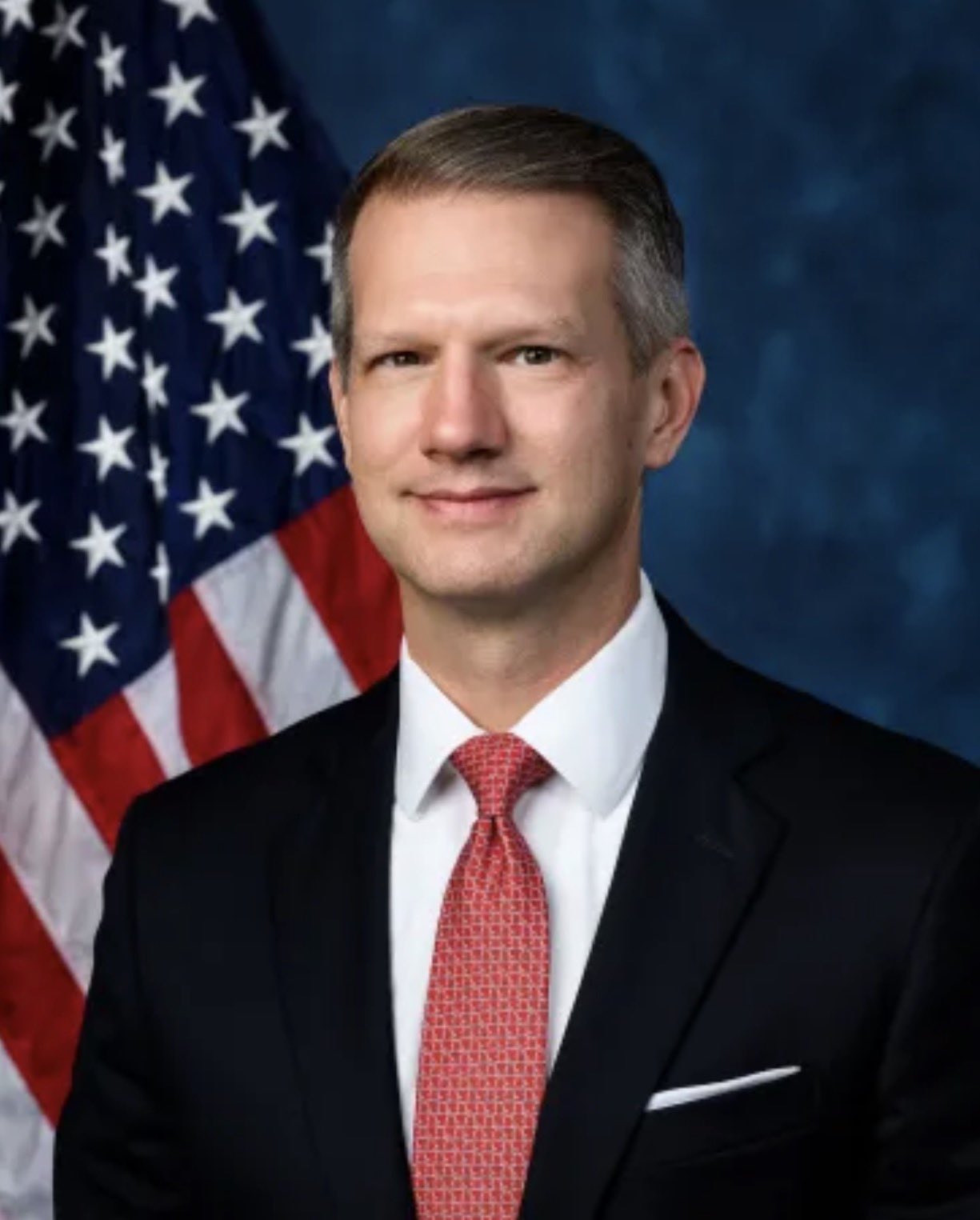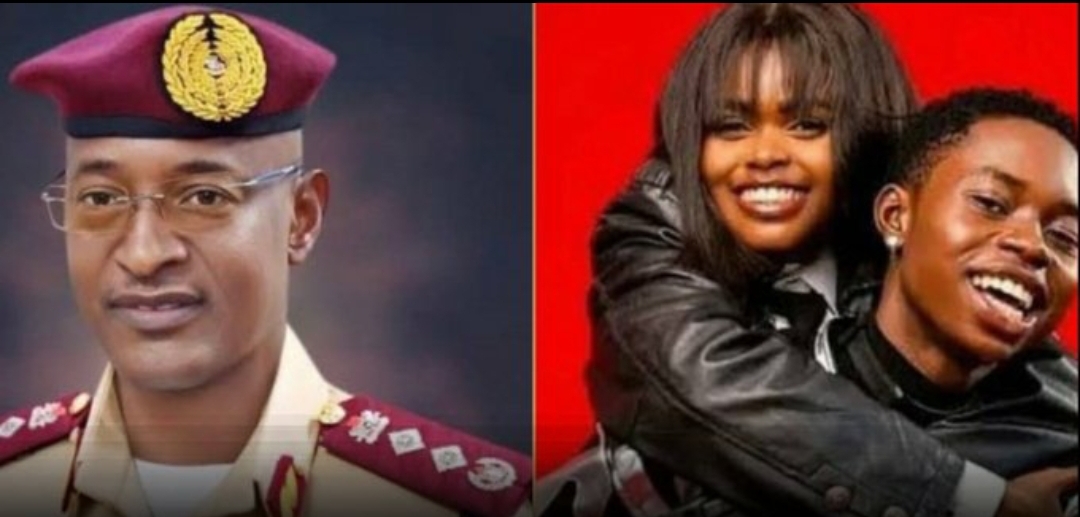
After Pastor’s Gruesome Death, US Lawmaker Urges Trump to Blacklist Nigeria Over Rising Christian Persecution

A new wave of international concern has been ignited after a United States lawmaker, Reiley Moore, called on President Donald Trump to designate Nigeria as a “Country of Particular Concern” following the brutal killing of a pastor and the abduction of 20 worshippers in Kaduna State. The incident, which has once again spotlighted the deepening insecurity and religious violence in northern Nigeria, has drawn strong condemnation both locally and abroad.
Moore, in a statement shared on his official platform and amplified by @GazetteNGR, described the recent attack as “a horrific example of unchecked religious persecution that demands an immediate response.” He noted that the systematic targeting of Christian communities by armed groups and extremist factions in Nigeria has gone on for far too long without adequate intervention or accountability. According to him, the U.S. government can no longer afford to remain on the sidelines while innocent believers continue to suffer what he termed “genocidal violence.”
The tragic event reportedly took place in Kaduna State, a region that has become a grim symbol of Nigeria’s worsening security crisis. Eyewitnesses say that a group of heavily armed bandits invaded a local church during a night vigil, opening fire on congregants before abducting several members. The pastor, who attempted to shield others from harm, was shot dead at close range. As panic spread, the attackers fled into the nearby forest with at least 20 worshippers, including women and children.
This attack adds to the long list of violent incidents in the region, where kidnapping for ransom, religiously motivated killings, and community raids have become distressingly common. For years, Kaduna and neighboring states have been at the epicenter of a complex conflict fueled by banditry, ethnic tensions, and the spread of extremist ideologies. Yet, many international observers, including Moore, believe that the Nigerian government’s response has been insufficient.
Moore, who chairs the House Committee on Foreign Affairs’ subcommittee dealing with international human rights, said the killing of the pastor exemplifies “the climate of impunity that has allowed such atrocities to thrive.” He emphasized that the Trump administration must take a firm stance by officially labeling Nigeria as a Country of Particular Concern (CPC) under the International Religious Freedom Act. Such a designation would not only recognize the scope of persecution faced by Christians and other religious minorities but also pave the way for targeted sanctions and diplomatic pressure.
The lawmaker’s statement follows mounting advocacy from human rights groups and Christian organizations in the United States and Europe, many of whom have long accused Nigerian authorities of downplaying religiously motivated violence. Moore cited multiple reports from watchdog organizations that document hundreds of church attacks, clerical murders, and mass abductions over the past few years. “These are not random acts of violence,” he said. “They are deliberate assaults on faith communities meant to instill fear and erase Christian presence from entire regions.”
The call for action comes at a time when Nigeria’s federal government continues to face criticism for its handling of security threats across the country. Despite repeated assurances from officials that the government is “on top of the situation,” the persistence of attacks suggests otherwise. Residents of rural communities in northern Nigeria often lament that security forces arrive only after the damage has been done. Many communities have been forced to rely on local vigilantes or abandon their homes altogether.
International analysts suggest that Moore’s push could increase diplomatic pressure on Nigeria’s government, particularly as the U.S. reexamines its foreign policy priorities regarding Africa. A CPC designation is one of the strongest tools in Washington’s human rights arsenal—it signals that a country is engaged in or tolerating “severe violations of religious freedom.” If applied, it could influence military aid, bilateral relations, and Nigeria’s international reputation.
However, some Nigerian officials have historically rejected such classifications, arguing that the violence in the country is rooted not in religion but in broader socio-economic and security challenges. They point to widespread attacks that also affect Muslims and non-religious civilians, emphasizing that criminal gangs and insurgents target victims indiscriminately. Nonetheless, for families of victims, the semantics matter little—the pain is the same, and the cry for justice grows louder.
On social media, Nigerians have expressed a mix of grief and frustration over the Kaduna tragedy. Many described the pastor as a humble and selfless leader who had dedicated his life to community service. His death, they say, represents yet another casualty in a nation that has become desensitized to bloodshed. One user wrote, “How many more have to die before something changes? We can’t even pray in peace anymore.” Another added, “If the U.S. lawmaker cares this much, why doesn’t our own government?”
The outrage also extends to the plight of the abducted worshippers, whose whereabouts remain unknown. Families have made desperate pleas for their release, but with little information from authorities, hope wanes each passing day. In past incidents, captives have been released only after hefty ransoms were paid—ranging from millions of naira to motorcycles and livestock—demonstrating how deeply the kidnapping industry has infiltrated Nigeria’s rural economy.
Moore’s intervention reflects growing frustration within the international community over what many see as Nigeria’s failure to protect its citizens and religious institutions. Over the years, the U.S. has periodically included and removed Nigeria from its religious freedom watchlist, depending on prevailing diplomatic and security assessments. In 2020, under then-Secretary of State Mike Pompeo, Nigeria was indeed designated a Country of Particular Concern for the first time in history. However, the classification was later lifted by the Biden administration, a decision that drew criticism from advocacy groups who argued that the conditions in Nigeria had not improved.
Reiley Moore’s renewed demand now seeks to reinstate that designation under the Trump administration, signaling a potential policy reversal if accepted. His statement also underscores the growing alignment between conservative U.S. lawmakers and Christian advocacy networks, who view Nigeria’s situation as a test of America’s commitment to defending global religious freedom.
While the political dynamics play out, the people of Kaduna continue to live in fear. Churches that once served as safe havens for worship and fellowship are now fortifying their doors and shortening services to minimize risk. Night vigils have been reduced or suspended entirely in some areas, and pastors increasingly find themselves on the frontline of Nigeria’s insecurity crisis.
As the world reacts to the pastor’s murder and the abduction of his congregants, the central question remains: how many more lives will be lost before decisive action is taken? Moore’s words have added international urgency to a domestic tragedy, forcing the conversation back into global headlines. But for the grieving families in Kaduna, what they need most is not a designation from Washington—it’s safety, justice, and the return of their loved ones.
In the haunting silence that now hangs over the churchyard where the attack occurred, bloodstained hymn books and overturned benches tell a story too familiar for comfort. It is the story of faith under siege, of prayers interrupted by gunfire, and of a nation still searching for peace in the face of relentless terror. And unless something changes—both in Nigeria and beyond—the echoes of that night will continue to haunt every corner of a country that has seen too much pain and too little protection.


